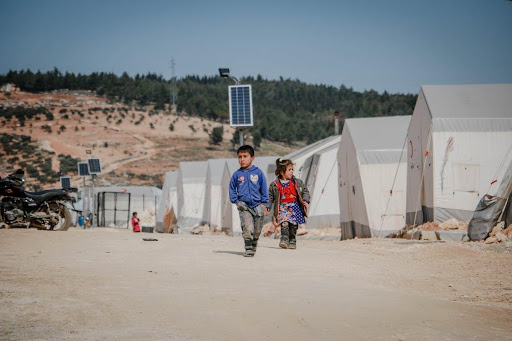Nearly 30,000 migrants were detained or deported by US Border Patrol officials over the course of the last two weeks, the majority of whom were Haitian nationals seeking refuge near Del Rio, Texas.
On the other hand, twelve thousand migrants entered the United States as their pleas for asylum or other forms of authorization to remain in the country were assessed by US immigration judges. A further five thousand migrants are being assessed for the same opportunity.
The statistics raise an important question: Why are Haitian migrants gathering at the US border in such large amounts? Read on to find out.
Reasons behind Haitian Migrant Influx in the US
Migration has always been fueled by poverty, violence, and corruption. For most Haitians reaching the US-Mexico border, their arrival marks the culmination of a years-long odyssey.
Haiti has recently experienced new bouts of political unrest and natural disasters. Earlier this year, the assassination of Haitian President Jovenel Moise started a new wave of political turmoil in the country. Amidst the political crisis, an earthquake killed over 2,000 people.
Almost a decade back, following a terrible earthquake in Haiti in 2010, a large number of Haitians fled to South America. One of their first stops was Brazil, where work opportunities abound as the country prepares for the 2014 FIFA World Cup and the 2016 Summer Olympics.
Unfortunately, as a result of the COVID-19 pandemic, job prospects became scarcer, and countries in the region closed their borders. Chile, one of the most popular Latin American destinations for Haitian migrants, has adopted new immigration restrictions. As a result, many Haitians embarked on a risky journey northward.
Fear of violence, especially from organized crime, influences where they cross. Rumors began to circulate that the area around Del Rio was a reasonably safe crossing point, prompting migrants to assemble in nearby camps. However, this is merely a small portion of a larger migration wave.
Nineteen thousand migrants, mostly Haitians, were waiting to cross the border into Panama, according to Colombian officials.
For more information, dial (818)900-5707 to contact an immigration lawyer and learn about the Haitian migrant influx and their potential future in the US.
Image source: https://www.pexels.com/photo/ethnic-kids-walking-on-road-in-refugee-camp-6918516/


